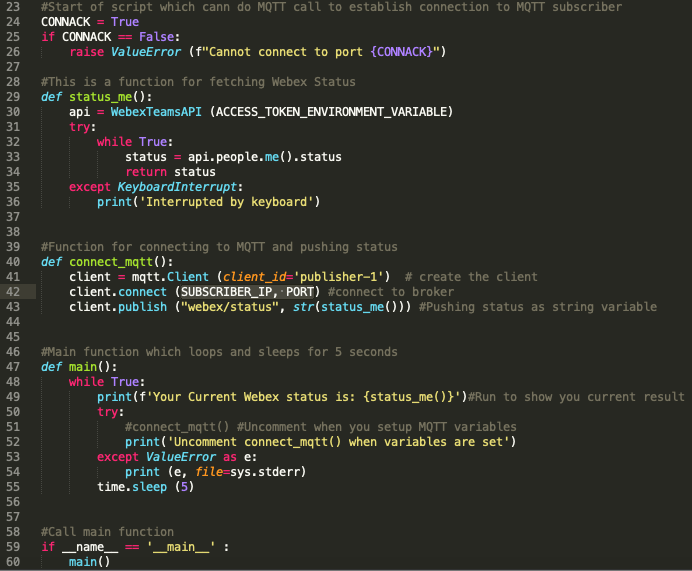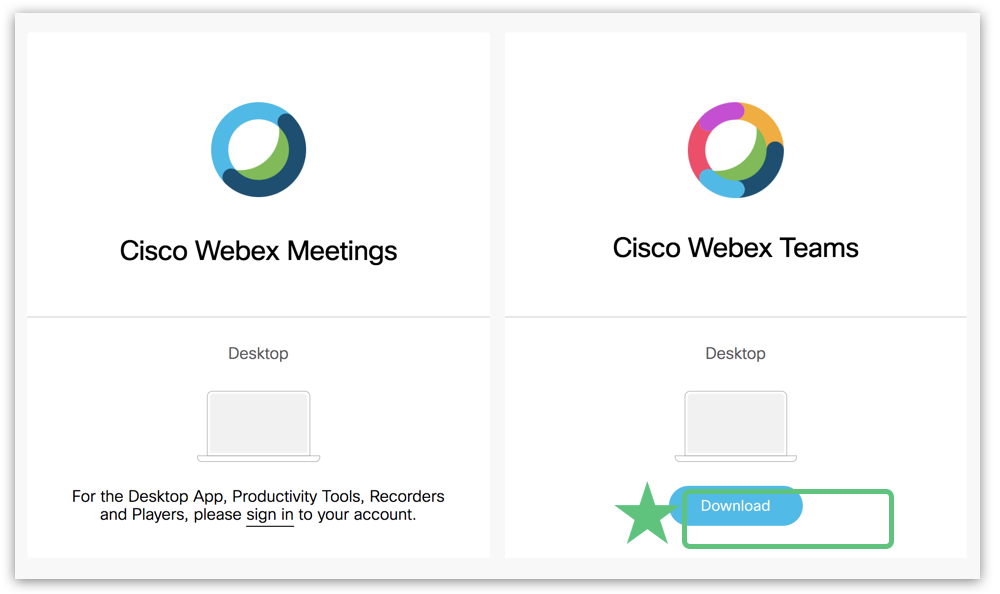Discover how Webex Teams (formerly Cisco Spark) APIs can help you automate room creations, create bots, or embed the Webex Teams User Experience into existing apps. This module is not tied to a particular programming language: learning labs leverage the Webex for Developers interactive documentation and Postman. The Webex Developer Support team is available in a couple of ways to help you with API questions, app registration, or anything else that's on your mind. Group Chat Log in to get help right in Webex Teams by joining the #webex4devs space.
-->Get documentation, sample code, tutorials, and more to help you build custom Microsoft Teams apps.
Get Started

New to Teams development? 🚀Start here!
Overview
Plan your app
Overview Command and conquer zero hour cheat codes.
Design your app
How-To Guide
Build your app
Subramanya ashtakam mp3 free download. How-To Guide
Enhance your app with Microsoft Graph
Deploy
Publish your app to the Teams store
Arcgis 10.6 desktop full crack. sample

Tutorials and code samples
What's new
What's new?
Developer Webex Teams
Guides and resources
Explore
- Map use cases to Microsoft Teams capabilities
- Build a Teams app using C#
- Build low-code Teams apps, bots, and flows with Microsoft Power Platform
- Build scenarios for Microsoft Teams apps
Learn
- Create embedded web experiences with tabs
- Create task-oriented interactions with messaging extensions
- Collect input and gather information with task modules
- Connect web services to channels and teams with webhooks and Office 365 Connectors
Integrate
- Integrate a Power Virtual Agents chatbot
- Integrate a Teams tab with SharePoint
- Integrate with the Moodle learning management system
- Integrate production-ready Shifts connectors
Connect
- Microsoft Teams community calls
Community help

- Contribute to Microsoft Teams documentation
SDKs and tools
Enabling Integration via Webex Teams and Cisco DNA, SD-Wan, Intersight, Thousand Eyes via Cloud API Gateway
I was really excited to have a unique opportunity to put together a team of my fellow engineers to work on a Collaboration hacking contest within Cisco. This annual event is usually in-person for a day or two in San Jose, making it out of reach for my nomadic desert comrades located in Arizona. This year, however, remote is the new normal. This unique situation made it possible for my ragtag band of misfits to participate in events regardless of our geography. So we embarked on a mission to enable webhook integration for Webex teams, so that our products can send notifications into Teams, just as they can into email.
A cloud native yet cloud agnostic solution
Webex Teams Download
In order to do this we decided to make sure this wasn’t only able to support diverse products, but also, diverse clouds. A cloud native, yet cloud agnostic solution based upon serverless infrastructure supporting standard webhooks and HTTPS Post messages. We decided on Google Cloud platform and Amazon Web Services for our multi cloud endeavor.
The initial idea was actually for a separate use case – I have esp8266 modules integrated with Teams for the use case of being notified when my garage door is opened/closed, my bearded dragon’s cage is hot, etc. As these scale in number, if I ever were to change my security bot token or room ID, I would have to go re-flash all of my IoT Sensors to match. So, it creates an operational problem for leveraging Teams as a IoT device receiver or third party integrator.
Enable cloud as an API gateway
The idea was to enable cloud as an API gateway to accept requests, do advanced security checks, and decouple the Webex Teams security and context information from what is flashed onto the sensors to better manage the lifecycle. But extending this to webbooks was a natural evolution that seemed to have the most immediate impact to customers. When Demo’ing some of our cloud technologies (Intersight, Meraki), customers saw that notifications can go to webhook or email, and naturally inquired about their Webex Teams integration.

By enabling the webhook capability, we immediately added support for all of our product sets that support webhooks to integrate with Webex Teams. And do so without requiring any change on either the product, or Webex Teams. We did want to have native “handlers” in the code to handle differences in webhook formatting between different products. For our project we created handlers for Cisco DNA Center and Meraki. We had started work on Thousand Eyes but didn’t have the lab instance able to send webhooks at the time we finished the project. The amount of effort to create and modify a handler is as simple as 20 minutes worth of effort ensuring that the JSON fields that you care about, are included in what is sent to Teams.
The code is available on Github
Of note, while the code should have been very consistent between solutions, there is a difference in how Google integrates their API with their cloud functions compared to AWS. The API gateway on GCP has been out for a while, but right now integration of the API gateway on Google for cloud functions is in Beta and does require a bit more lift to setup. I expect this will normalize as it is brought to market. I also want to caveat that by noting I was seeking a functional product, closer integration with GCP teams probably would have helped with how I managed some error handling in Cloud Functions to make it integrate with API GW.
Related resources

